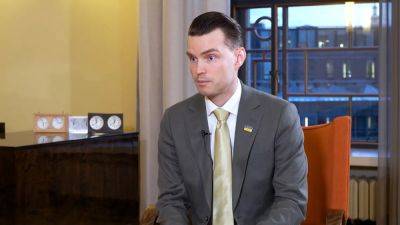Airlines are doing little to switch to sustainable fuels, but oil companies are at fault report says
87 per cent of airlines are failing in the transition to sustainable aviation fuels (SAFs), a new ranking by Transport & Environment (T&E) shows.
Only 10 out of 77 airlines are making noteworthy efforts to switch to truly sustainable alternatives from fossil kerosene.
The remaining 67 are either buying too little SAF, the wrong kind of SAF or are not considering SAFs at all in their decarbonisation plans.
A large part of the blame lies with oil companies, T&E says, who are not investing in the transition to green kerosene.
“The EU needs to prioritise the uptake of e-fuels for planes in its upcoming Clean Industrial Deal package,” T&E adds.
Not only are the majority of airlines doing too little when it comes to SAF, but many of them are not doing anything.
This raises serious questions about their ability to address their climate impact, T&E warns.
One big issue is that not all SAFs are equally sustainable. E-kerosene - a fuel made from renewable electricity - is the most sustainable and scalable type of SAF.
In contrast, SAF derived from biomass (biofuels) vary greatly in sustainability and scalability. SAFs made from food or feed crops such as corn are not sustainable at all.
Currently, most of the airlines ranked are using the wrong type of SAF.
E-kerosene makes up less than 10 per cent of airlines’ SAF agreements, while unsustainable crop-based biofuels made from corn grains and soy oil account for more than 30 per cent.
Airlines need to do more to push fuel producers to prioritise the right types of feedstocks, T&E says.
"Too few airlines are committing to truly sustainable fuels. The majority are either buying the wrong types of fuels or, worse still, no SAF at all,” says Francesco Catte, SAF manager at T&E.
“Airlines








